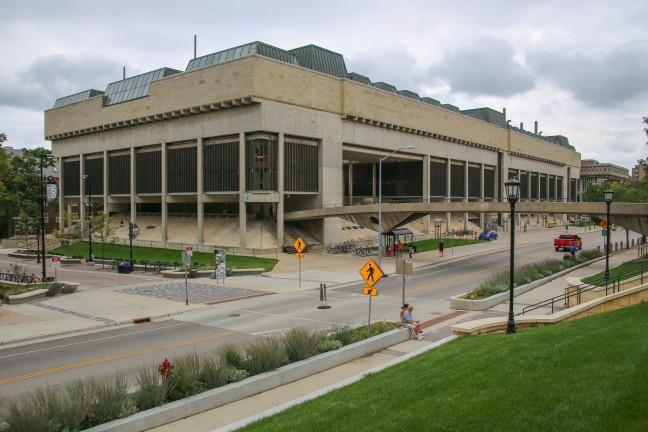Why are our major cities diced into neighborhoods defined by a demographically dominant race? Why does our economy function the way it does? What are the motivations and strifes veiled behind the guiding principles defined in the American Constitution? How have structures of power cemented themselves into the American story? Serendipitously, there’s but one answer: cause and effect.
History is, by definition, a retelling of the past. Embedded in that definition, however, lies a deeper application of facts. Facts are more than just occurrences retold in their barest sense. Rather, facts are a reflection of our societal makeup. Each historic event impacted the country in that moment and left reverberations for years to come. Even events that may have seemed like a blink in our country’s history have had enormous effects on the present.
A prime example would be housing discrimination in the wake of abolishing slavery. As newly freed slaves moved north in the pursuit of economic opportunity and the potential for equal social treatment, they were met with rampant racism and de facto segregation.
When faced with finding even the most basic of needs — say, a home — African-Americans denied housing by the widely held practice of “redlining” in the supposedly progressive north. Redlining meant black citizens in a new town were denied equal access to housing if the property lay within a predominantly white neighborhood. This practice was not enforced by law, rather it was societally acceptable and enforced through unreasonably high pricing in the predominantly white neighborhoods or real estate agents avoiding those properties altogether.
In the rare cases where back families moved into white neighborhoods, which contained the more attractive and well-built homes, mobs loomed nightly in an attempt to intimidate the family into moving, the properties were vandalized and damaged and local shopping fixtures were basically off-limits to people of color.
Instead, families would be forced to live in poorly maintained housing projects and slums, the conditions of which bordered on criminal. The lasting effect of this hegemonic segregation is apparent if you look at a current race and wealth distribution and map of major metropolitan areas. The stark segregation and wealth gap stand out like a sore thumb, and the legacy of redlining is still glaringly obvious in cities such as Chicago, Milwaukee and Philadelphia.
The visual obviousness of redlining is not what matters most, rather it is the impact on modern families. Monolithic discrepancies in the education system perpetuate the cycle of poverty in underprivileged communities — an unfair aftermath of historic organized oppression.
This is by no means an isolated example. The Great Depression, world wars, women’s suffrage and civil right movements, among a myriad of others, have all left a deep imprint on the path of our country. Most people know the very basic facts, but accessing a deeper analysis and subsequent application of the lasting impacts of these events is particularly timely. In a time where social movements have gained real traction, it’s especially valuable to have a contextual conception behind protests, strikes and social activism.
UW community celebrates end to Black History Month, beginning of Black Cultural Center
Such knowledge can be accessed easily in an environment where the pursuit of context, deep motivations and specialized detail are encouraged. What’s more, the application of such context is not solely related to protest or strife. Rather, it allows you to become, overall, a more socially aware and well-rounded individual. Learning the historic motivations behind someone’s message is invaluable in understanding that our society does not benefit everyone.
Social movements containing highly charged vocabulary may seem aggressive and hostile to some — an example being demonstrations advocating against the misogynistic rhetoric common in President Donald Trump’s campaign. But a look into the movements’ context reveals that such anger is warranted.
That recognition should not be confused with personally identifying with a movement if it is not within your identity to do so. What I mean by this is, as a cisgender male, I can wholeheartedly support the women’s marches, but I cannot provide insight into how it feels to be marginalized in that way.
But as a cisgender male, I can learn as much as possible about the history of organized oppression in the U.S., leaving myself more informed and ready to be an ally against current oppression.
If you’re armed with the contextual knowledge of a social movement, your ability to educate others and advocate for yourself grows exponentially. This, of course, is not solely attainable through a college course, but if the opportunity to take such a class presents itself, take it as step toward a greater good.
Lucas Johnson ([email protected]) is a freshman intending to major in journalism.





















